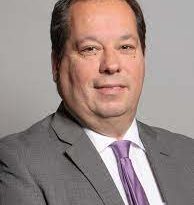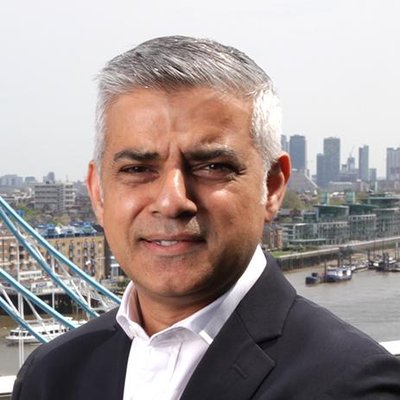William Woolcock – 1920 Speech on the Loyal Address
Below is the text of the speech made by William Woolcock, the then Liberal MP for Hackney Central, in the House of Commons on 10 February 1920.
I beg to second the Address in reply to the Gracious Speech from the Throne which has been proposed in such felicitous terms, if he will allow me to say so, by my hon. and gallant Friend at my side (Colonel Peel). I, like him, ask the indulgence of the House, and all the more so because I have to follow him in the brilliant contribution which he has just made. I am fully conscious that the honour of seconding the Address is in no sense a personal one. It is a compliment to the borough which I, in common with my hon Friend opposite, the Member for South Hackney (Mr. Bottomley), and my hon. Friend on this side (Lieutenant-Colonel Greene) have the honour to represent in this House. The Gracious Speech to which we listened this morning is indicative I think of the very full appreciation of the difficulties which face us at this particular time. I commend it to the House as much for the spirit which can be discerned in every line as for the remedial measures which are foreshadowed in it. We are proverbially slow in waging war and we are equally slow, I think, in realising the altered conditions in which peace is bound to find us.
Once as a nation we realise the seriousness of the problem confronting us we proceed to deal with it in a truly British way. If I interpret the spirit of the Gracious Speech aright we have at last realised that reconstruction is more difficult than destruction, and, the nation having realised that, will, I feel sure, set itself, in the words of the Speech, “with goodwill for others with energy and with patience,” to ensure that lasting progress and social peace which we all desire. This House, and indeed, I am sure, the whole country, will be glad to see the reference to the price of foodstuffs and other necessary commodities, and whilst sharing in the pleasure that prices are appreciably lower in this country than elsewhere, will welcome the promise of legislation for large and far-reaching measures of reform. I am equally sure that the House will welcome the reference to the condition of trade in the outside world, and I think every hon. Member can from his own personal experience see evidences of a steadily increasing flow of trade, a state of affairs which is absolutely essential to the recovery of the financial condition which we formerly held.
My hon. and gallant Friend has referred to many of the measures foreshadowed in the Speech, and I will therefore only detain the House in commenting on one or two. I would like, with the permission of the House, to say one word which is perhaps rather outside the Gracious Speech, and to refer to the Bill which is foreshadowed for fixing the hours of employment for adults. That Bill, I am sure, will to welcomed in this House very cordially by Members of all Parties. May I express the hope that we shall not only do something in the way of legislating for the hours which adults work, but that the House, with its large heart, will also be prepared to do something for those wage-earning children who, in addition to having to attend school, are too frequently now working unconscionably. This is not an opportune time for me to press that, but I ask the House to accord me their thoughts and their sympathy in that when the proper time does come.
Custom has decreed that neither mover nor seconder of the Address shall say anything which shall be regarded as controversial in any way. My hon. and gallant Friend has certainly not said anything which could be regarded as controversial, and I desire to follow him in that particular, but I feel impelled also to say, just as he did, a word with regard to the reference to Ireland in the speech.
We are witnessing a tragedy, a tragedy the consequences of which, both immediate and remote, who of us would attempt to define or set a limit to, a tragedy which one and all of us will have to take our share of responsibility in. The degree may vary, but nevertheless there is no Member of this House who will be able to escape responsibility for some share in the measures which are proposed. I therefore think that in these circumstances the House will readily seize the promised opportunity of considering anew the problem of Ireland.
In this way alone can we satisfy our individual consciences, and in this way alone can we put ourselves as a nation right with the world. It seems to me that the whole of the Gracious Speech breathes the true spirit of reconstruction, and I believe there has been no time since the Armistice when the nation as a whole has been so ready to undertake the work. The part which Britain has played in the world in the past is no mean one, and if we will unitedly accept our heavy responsibilities and will seize our present opportunities, it will be equally great in the future. Our deeds still travel with us from afar, and what we have been makes us what we are.


